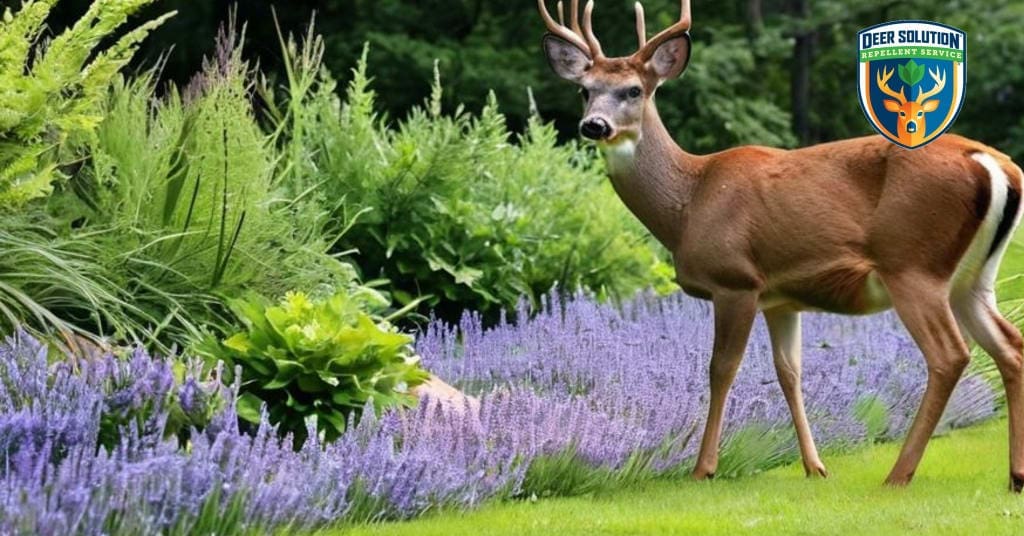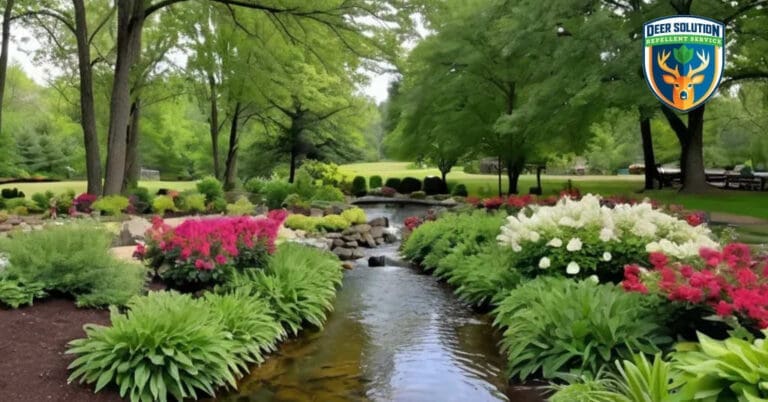Kentucky Coffeetrees (Gymnocladus dioicus) are a fascinating addition to any landscape, not just for their striking appearance but also for their cultural and historical significance. Known for their large, compound leaves and rugged beauty, these trees are cherished by gardeners and landscapers alike. However, a common concern for those looking to cultivate them is, do deer eat Kentucky Coffeetrees? While the answer isn’t simple, understanding deer behavior and how this tree fits into a garden can help you protect your investment.
Cultural and Historical Significance of Kentucky Coffeetrees
The Kentucky Coffeetree has a rich history. Native Americans and early settlers valued the seeds of this tree as a coffee substitute, giving it its common name. The tree’s durable wood was also prized for fence posts and furniture. Today, Kentucky Coffeetrees remain a symbol of resilience, thriving in diverse environments across North America. Their unique branching structure, bold leaves, and historic legacy make them a standout in any garden, yet they also attract the attention of deer in certain circumstances.
Are Kentucky Coffeetrees Deer-Resistant?
Although Kentucky Coffeetrees are not typically a preferred food source for deer, they are not completely immune to browsing. Deer are opportunistic feeders, meaning they will eat what’s available, especially during food shortages in winter or early spring. While the coarse, bitter-tasting leaves and tough bark of mature Kentucky Coffeetrees usually deter deer, younger trees with tender shoots and buds may still be vulnerable.
Environmental factors such as food scarcity, deer population density, and habitat conditions can influence whether deer target Kentucky Coffeetrees. In areas with limited natural vegetation or high deer pressure, gardeners may notice some nibbling, particularly on saplings or new growth.
Long-Term Garden Planning with Kentucky Coffeetrees
Incorporating Kentucky Coffeetrees into your garden requires a thoughtful long-term approach. These trees grow slowly but steadily, maturing into impressive landscape features that are increasingly deer-resistant as they age. Planning your garden with future growth in mind ensures that these trees can thrive without extensive intervention. Kentucky Coffeetrees can grow up to 60 feet tall, offering shade and visual interest, but they require protection in their early stages from potential deer damage.
To minimize browsing on young trees, consider temporary protective measures like tree guards or netting. As the trees mature, their tougher bark and bitter leaves will naturally reduce deer interest, making them easier to maintain in the long run.
Microclimate Considerations for Deer Resistance
Leveraging the microclimates within your garden can help protect Kentucky Coffeetrees from deer. Deer tend to avoid areas with high human activity or spots that are less accessible. By planting Kentucky Coffeetrees near the house, or in wind-sheltered areas, you can naturally deter deer from frequenting these parts of the garden. Additionally, trees planted in cooler, shaded areas may also be less appealing to deer compared to those in more exposed locations.
Consider using other landscape features like fences, hedges, or natural slopes to shield your Kentucky Coffeetrees from deer. This not only protects your trees but also enhances the visual structure of your garden.
Using Kentucky Coffeetrees for Erosion Control
Kentucky Coffeetrees aren’t just valuable for their historical and ornamental appeal—they also play a crucial role in sustainable landscaping. Their deep root systems make them highly effective at preventing soil erosion, especially on slopes or in areas prone to runoff. These trees contribute to healthier soil by stabilizing it and increasing water retention. Incorporating Kentucky Coffeetrees into a landscape design focused on sustainability allows gardeners to balance aesthetic beauty with ecological benefits.
By choosing Kentucky Coffeetrees for erosion control, you’re also selecting a tree that, once established, requires minimal maintenance and is resilient to environmental stressors like drought, poor soil, and even the occasional deer browsing.
Ensuring Long-Term Protection for Your Kentucky Coffeetrees
As you plan for the long-term growth of Kentucky Coffeetrees in your landscape, understanding deer behavior and adopting a proactive strategy is essential. While these trees may be vulnerable to deer in their early stages, mature Kentucky Coffeetrees offer natural resilience. For those looking to ensure the protection of their young trees, Deer Solution offers eco-friendly, professional services that safeguard your landscape without harming local wildlife. Our tailored repellent applications provide consistent protection, giving you peace of mind as your trees grow and flourish.
With the right combination of deer-resistant strategies and professional support, Kentucky Coffeetrees can become a thriving and sustainable feature in your garden. Their historical significance, ecological benefits, and natural beauty make them a rewarding addition for any landscape enthusiast.












